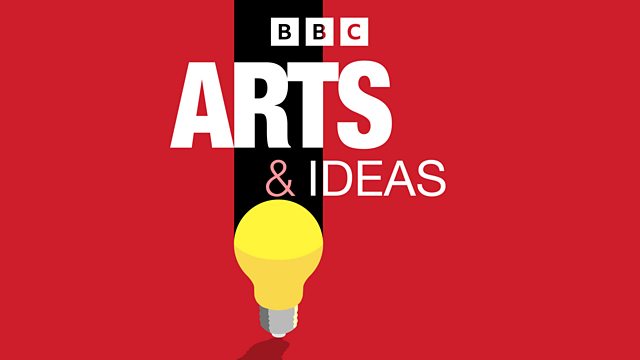Hobbes and New Leviathans
Anne McElvoy talks to the philosopher John Gray about why we should look to the seventeenth century political thinker Thomas Hobbes to explain the failures of liberal democracies.
"Solitary, poor, nasty, brutish and short" is the way Thomas Hobbes described the life of man in a state of nature in his 1651 book The Leviathan. The seventeenth century philosopher reasoned that what men needed was a "common power to keep them in awe". It was a conclusion that has not endeared him to the enlightenment and liberal thinkers of the centuries that followed. The philosopher John Gray thinks that Hobbes' bleak vision of the human condition might help us understand the recent disappointments of progressive politics and the failures of liberal democracies. Anne McElvoy talks to him about this theory and to journalist and author of Politics: A Survivors Guide, Rafael Behr and Teresa Bejan, Professor of Political Theory at the University of Oxford and author of Mere Civility: Disagreement and the Limits of Toleration.
Producer: Ruth Watts
You can find other episodes exploring ideas about politics and history in the Free Thinking archives and available to download as Arts & Ideas podcasts. They include -
Utopianism in Politics a discussion about Thomas More's ideas with guests including Kwasi Kwarteng and Gisela Stuart
John Maynard Keynes with guests including Adam Tooze and Zachary D. Carter
John Rawls's A Theory of Justice with Rupert Read, Teresa Bejan and Jonathan Floyd
Podcast
-
![]()
Arts & Ideas
Leading thinkers discuss the ideas shaping our lives.


